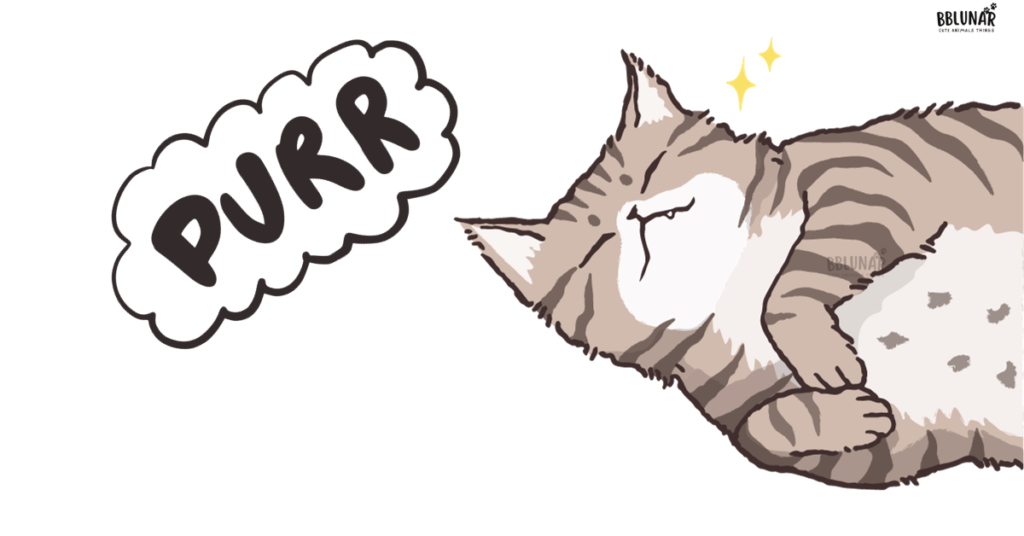Summary
Bella, a 14-year-old cat from Huntingdon, UK, held the Guinness World Record for the loudest purr by a domestic cat at 54.59 decibels. Bella has been with the Spink family for almost 15 years, and she always suspected that she might experience the world’s loudest purr.

Measuring the Purr
Measuring sound with a smartphone app and measuring it with a sound engineer can give very different results, but in this case Spinke was lucky that the measurements were confirmed.
After tasting her favorite food in the bowl, Bella was able to enjoy some much needed cuddles from her owner and let out an impressively loud purr.
A calibrated Class 1 sound meter recorded Bella’s peak level at 54.59 decibels. This was more than enough to beat the Guinness World Record requirement of 50 decibels.
It is important to note that while Bella holds the record for the loudest purr by a living domestic cat, she does not have the loudest purr in history. That title belongs to the late Smokey and Merlin, two cats who purred an astonishing 67.8 dB, 13.21 louder than Bella.

Let’s listen to the Loudest Purr
Why cats purr ?

Cats have been purring for centuries, and their owners have been wondering why ever since. Some people believe that purring is simply a way for cats to communicate with each other, while others think it’s a sign of contentment or happiness. But what’s the real reason behind this mysterious sound?
Recent research has shed some light on this feline enigma. It turns out that purring is actually a complex vocalization that cats use for a variety of reasons.
- One reason cats purr is to communicate with their mothers. Kittens can start purring just a few days after they’re born, and they use it to let their mothers know that they’re hungry or need attention. Mother cats purr back to their kittens to reassure them and to create a bond.
- Cats also purr to communicate with each other. Adult cats purr to greet each other, to show affection, and to assert their dominance. For example, a cat may purr when it approaches another cat that it doesn’t know very well. This is a way of signaling that it means no harm.
- Cats also purr to self-soothe. When a cat is feeling stressed, anxious, or in pain, it may purr to calm itself down. This is because purring releases endorphins, which have mood-boosting and pain-relieving effects.
- Finally, cats may also purr to communicate with humans. When a cat purrs while it’s being petted, it’s a way of saying, “Thank you, I like this.” Purring can also be a way for cats to ask for attention or food.
So, why do cats purr? It turns out that there’s no single answer to this question. Cats purr for a variety of reasons, including to communicate with each other, to self-soothe, and to bond with their owners.
source : bbc , Fox news, Guiness world records




